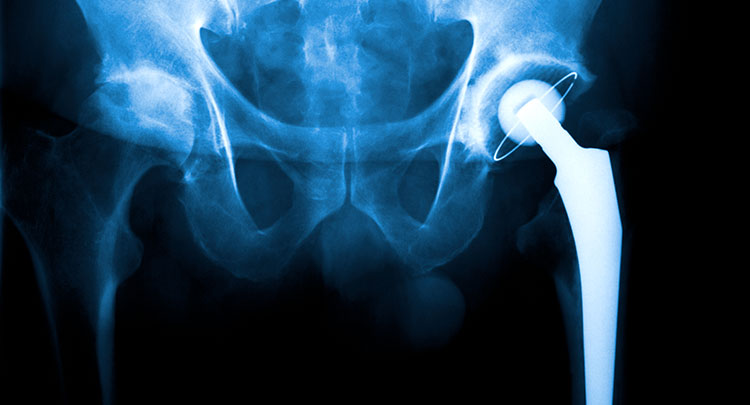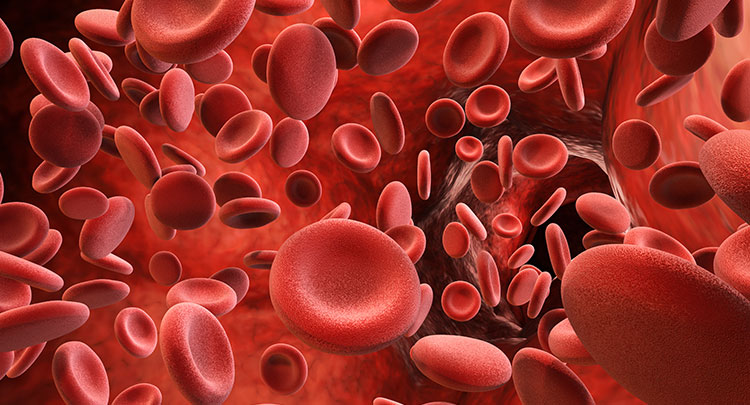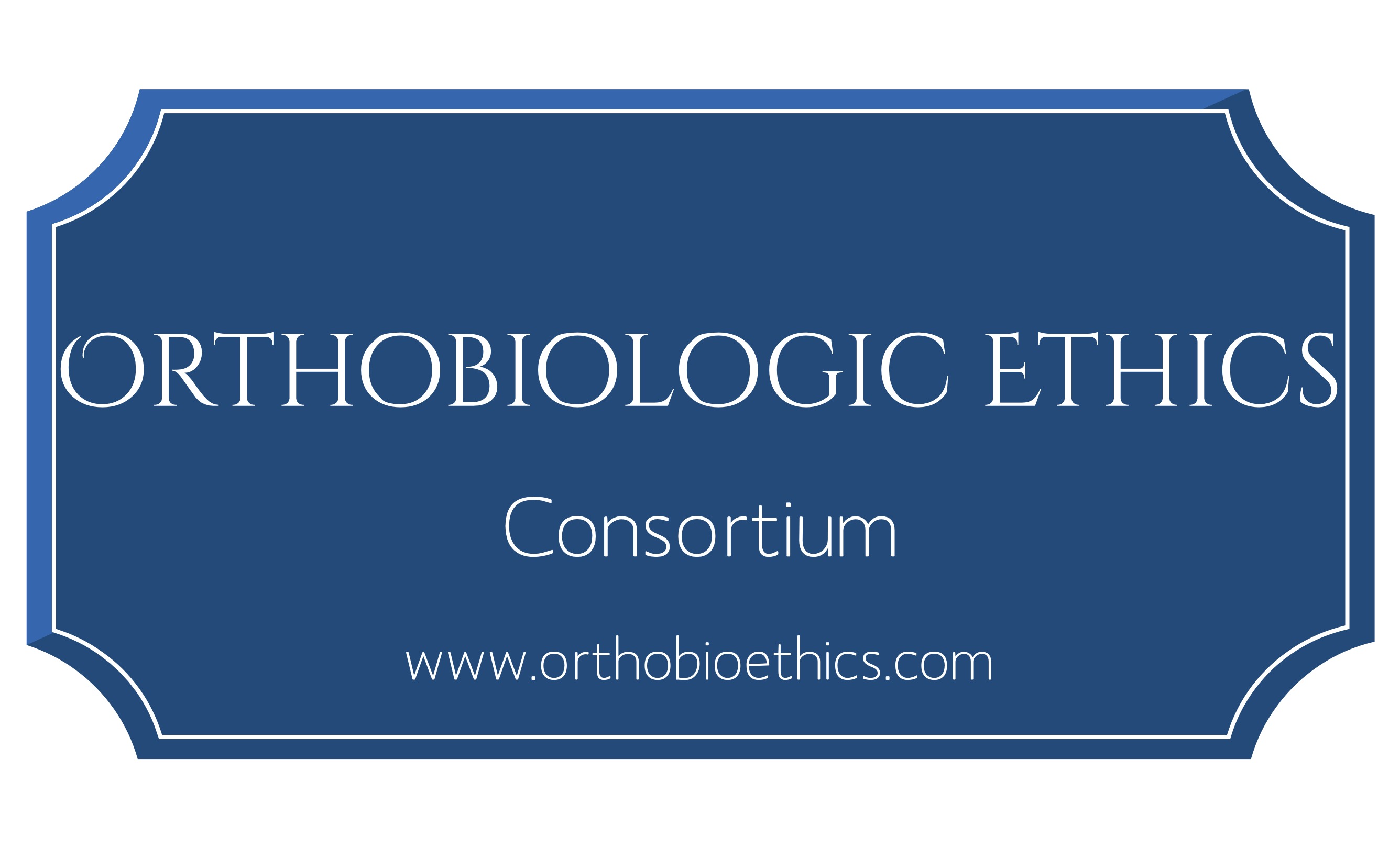
Carpometacarpal osteoarthritis, also known as CMC arthritis, is a condition that causes pain in the hand, specifically in the thumb. Developing osteoarthritis in the hand is very common due to the large amount of stress and repeated use that the hands endure on a daily basis.
Arthritis in the thumb is especially common due to the larger range of motion it has compared to the other fingers. While many treatment options involve surgical procedures, here at Paragon Sports Medicine we offer stem cell therapy. Mesenchymal stem cells provide an alternative option that is less invasive and that can provide superior results.
What is Carpometacarpal Osteoarthritis?
CMC arthritis affects the joint at the base of the thumb where it meets the wrist. This joint is known as the carpometacarpal joint, giving this condition its name. This joint is worked with various activities, such as turning a doorknob, opening up jars or containers, gripping or pinching objects, and many more.
When the CMC joint develops arthritis, it can become swollen, stiff, and tender to use. This can make it difficult to perform the motions we noted above, and it can cause your grip strength to become weaker. In addition to decreased strength, your thumb can also have a limited range of motion due to the swelling in the joint. This swelling can be physically visible, making the base of the thumb appear larger.
Board certified Dr. Garten explains: “Arthritis becomes increasingly common with age due to general wear and tear. This disease affects the cartilage in joints throughout the body, which is responsible for cushioning movements and permitting smooth joint mobility. Over time, cartilage can begin to break down.”
In the thumb, cartilage is found on the ends of the bones, and when it breaks down, the bones can rub against one another. This can cause discomfort and result in swelling as the surrounding tissues become irritated. If left untreated, the bones can develop spurs, or deformities, which can make the condition much more difficult to treat and cause physical bone deformities.
CMC Arthritis Surgical Treatments
Surgical procedures are some of the most commonly used treatment options for treating CMC arthritis. These can include a joint fusion, osteotomy, or joint replacement. A joint fusion, or arthrodesis, involves permanently connecting the bones in the affected this joint. This procedure can reduce pain, but completely eliminates the ability of the joint to move.
Osteotomies involve repositioning bones that have moved out of place due to bone deformities, and joint replacements utilize tendon grafts in place of the damaged joint, which is removed. However, after these procedures, it can take months more for the thumb to return to normal functioning.
Each of these options generally requires the thumb to be placed in a splint or cast for six weeks or more following the surgery. Physical therapy is often needed following this period to increase range of motion and regain strength in the hand. Even after splinting and physical therapy, there is always the chance that symptoms may return or that the thumb may not regain its original full range of motion or strength.
The Advantages of Stem Cell Therapy
Due to the high demand placed on the thumb in daily life, finding a treatment solution that doesn’t involve an invasive procedure that alters the physical appearance of the joint can be very beneficial for the overall function of the thumb following the procedure. Mesenchymal stem cells provide a treatment option that allows for this.
Stem cell therapy is minimally invasive and uses the body’s own cells to restore cartilage tissue and restore joint function. Stem cells are most commonly found in the bone marrow and fat cells, and they can be easily extracted by a physician such as Dr. Garten. Bone marrow is the most common source for extraction, and it can be easily processed to isolate the stem cells.
Stem cells have the ability to turn into many different types of tissue, one of which is cartilage tissue. These cells can be injected directly into the CMC joint and differentiate into cartilage tissue, helping to rebuild the damaged cartilage tissue and promote original functioning.
One study examined the effectiveness of stem cell treatment in 15 individuals who suffered from CMC arthritis. These participants were evaluated before treatment and a year following the stem cell injection. Researchers noted that pain levels were reduced significantly during the one year period, both at rest and during activity. Pain levels were generally reduced in half, showing significant improvement.
Thumb range of motion was also significantly improved and thumb opposition, being the ability of the thumb to touch and press into the other fingertips, was improved to nearly full ability. A functionality test to determine difficulty with certain motions was all performed, and scores improved from 51.7 to 23.08.
Stem cell therapy provides a minimally-invasive treatment option that utilizes the body’s own cells to promote proper healing while avoiding surgery and the long recovery time associated with it, and it offered in the greater Atlanta area at Paragon Sports Medicine. For additional questions, or to see how we can help you combat CMC without surgery, call our office at 470-270-8978 or send us a message.
https://www.ncbi.nlm.nih.gov/pmc/articles/PMC3563889/
https://www.ncbi.nlm.nih.gov/pmc/articles/PMC5640358/
https://www.mayoclinic.org/diseases-conditions/thumb-arthritis/symptoms-causes/syc-20378339
https://www.mayoclinic.org/diseases-conditions/thumb-arthritis/diagnosis-treatment/drc-20378344






